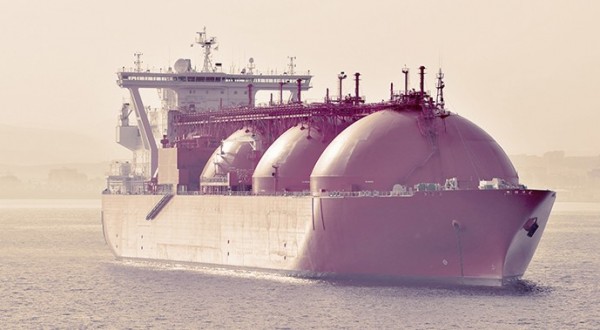According to the North P&I Club, India is imposing customs fines on LNG carriers for cargo shortages upon discharge at ports in Gujarat. These fines allege a cargo shortage when a vessel does not discharge the entire quantity of LNG cargo detailed on the bill of lading.
Namely, the authorities approach the ‘shortage’ as a way to decrease the amount in customs duty that would have been, on the other hand, relevant for the full bill of lading quantity. In addition, North P&I Club supports that the authorities are assuming that the LNG vessels calling at ports in Gujarat are forcing cargo for propulsion, aiming to avoid the cost of burning bankers during sea passage.
According to Section 115 of the Indian Customs Act 1962, local agents ought to explain why the full bill landing quantity has not been discharged. This could be proven by providing specific documentation. These notifications date back to inbound LNG voyages from 2012. As a result, potentially several hundred summonses could be issued.
Yet, the basis of the summonses is to be questioned. It is a sure fact that the LNG quantity to be discharged is most of the times less than that at the completion of loading because of boil-off and heel requirements. North have provided the Indian customs authorities with explanations on how LNG Carriers operate.
Concerning LNG carriers equipped with re-liquefaction plants there is still an issue regarding the retention of heel that charterers require the tanks to be cool for the arrival at the next load port.
Indian authorities have suggested the fulfillment of a system similar to current practises taking place in Argentina and Turkey. This particular system provides that a separate set of bill of ladings will be produced for the agreed heel, boil-off gas used during the voyage and the quantity discharged ashore. In this way, splitting the original bill of lading quantity into three sets would be fruitful.
Although North P&I club hasn’t been aware of any complications up to now, the cargo quantity discharged ashore has to be carefully determined so that the set of bills of lading incorporating the discharged quantity is correctly issued. Equally, there may be challenges when determining the quantity of boil-off during the loaded voyage.
Finally, there are the usual difficulties associated with collecting all documents of the originally issued bills of lading for cancellation in exchange for issuing three split sets as described above.


































































